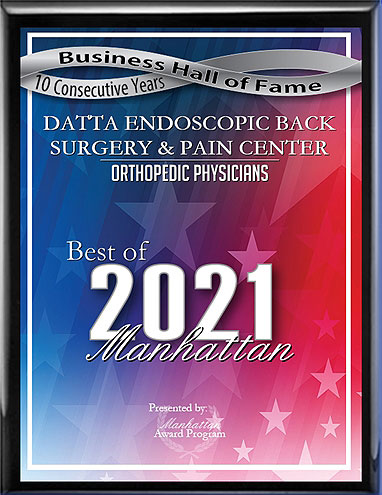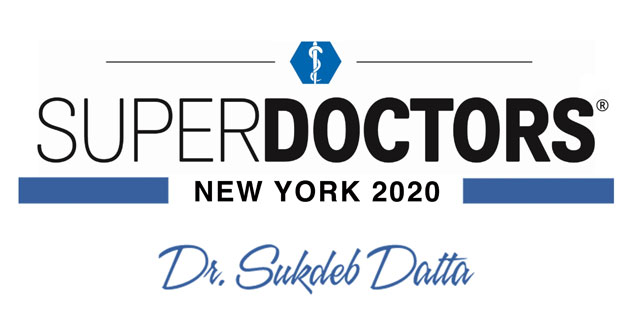While back pain is unquestionably difficult to deal with, it can be hard to know when to seek treatment for your pain, and when to seek surgery after a diagnosis.
Signs of a Herniated Disc
Herniated discs almost always occur in either the lower back or the neck - the lumbar and cervical sections of the spine. These are the most flexible portions of the spine, which means that they are most prone to sudden, damaging movements. In addition, the lumbar spine supports the entire upper body, a considerable amount of weight. The nerves from the cervical section of the spine innervate the arms, while the lumbar portion of the spine innervates the legs; for this reason, symptoms are often felt in an arm or leg.
Only your doctor can tell you whether you have a herniated disc, but if you have the following symptoms, you should see a physician for diagnosis:
- Persistent back pain, which may get worse when bending or coughing
- Pain in an arm or leg
- Numbness or tingling in a limb
- Muscle weakness
None of these symptoms are a certain indication of a herniated disc, but they may be signs of one. To make a firm diagnosis, your doctor will perform further testing, such as selective injection of anesthesia to identify the problem area, and an MRI to see the exact issue. Diagnosis is only the first part of the battle, however; the next step is to try different treatments, starting with the least invasive treatments and continuing to more invasive procedures if those do not work.
When to Seek Surgery
While herniated discs are relatively common, most patients never need herniated disc surgery. Indeed, it is even possible to have a herniated disc and experience no symptoms at all. Often, pain can be treated with medication to reduce inflammation. In addition, weight loss, physical therapy, and chiropractic treatment can reduce the amount of weight the disc bears.
If these treatments fail and your herniated disc is affecting your quality of life, it is time to consider surgery. If you are experiencing muscle weakness or neurological defects such as numbness or tingling, surgery tends to be an especially strong option, but it can also be used to treat severe, persistent pain.
Herniated disc surgery was once a major, dangerous procedure; patients routinely stayed five days in the hospital, and needed at least six weeks away from work. So it is no wonder that patients with back pain are flocking towards laser back surgery. Modern techniques are rapidly transforming the treatment of back pain.
In terms of surgical treatment, laser herniated disc surgery stands out because it is minimally invasive and has little downtime. Only a doctor can tell you if laser herniated disc surgery is right for you; however, you may be a good candidate if you:
- Have chronic back pain, limb pain, muscle weakness, or numbness/tingling in the limbs, which non-surgical treatments have failed to alleviate
- Want to keep time away from work and personal life to a minimum
- Would prefer a recovery period which does not require prescription pain medication
- Are concerned about the risk of infection from traditional back surgery
- Would prefer not to have a large, unsightly scar
- Have been told that you are not a candidate for traditional herniated disc surgery
To schedule a consultation about treatment for your herniated disc, please call the Datta Endoscopic Back Surgery and Pain Center at 347-380-9138.






 EDISCSCULPT
EDISCSCULPT



